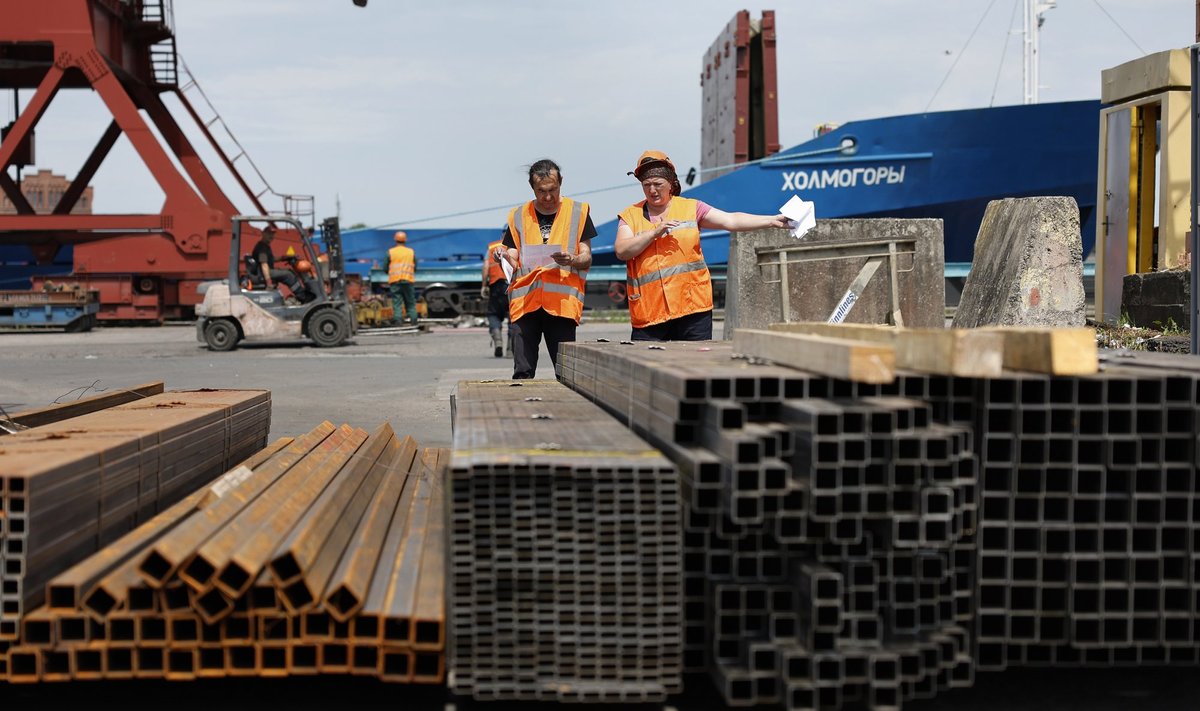In an interview to the radio station Žinių Radijas on Monday, the expert said the effects were inconsequential both for Lithuania and for international trade.
“It is very odd why so much attention was paid to this and why we devoted so much time to demonstrate that our position is not united and that we are polarised,” he said.
According to Mačiulis, only Russian propaganda benefited from the issue, while its economic consequences are completely unnoticeable.
As reported, following EU sanctions imposed on Russia as a result of its invasion of Ukraine, Lithuania restricted transit of steel and ferrous metals to Russia’s Kaliningrad exclave on 17 June.
Russia responded with threats, but further transit restrictions on cement, alcohol and various luxury goods still took effect on 10 July.
On 13 July, the European Commission published additional guidance allowing to transport sanctioned Russian goods to and from Kaliningrad by rail. However, sanctions still apply on transit of military items and dual-use goods. Transit of sanctioned goods by road is still prohibited.
